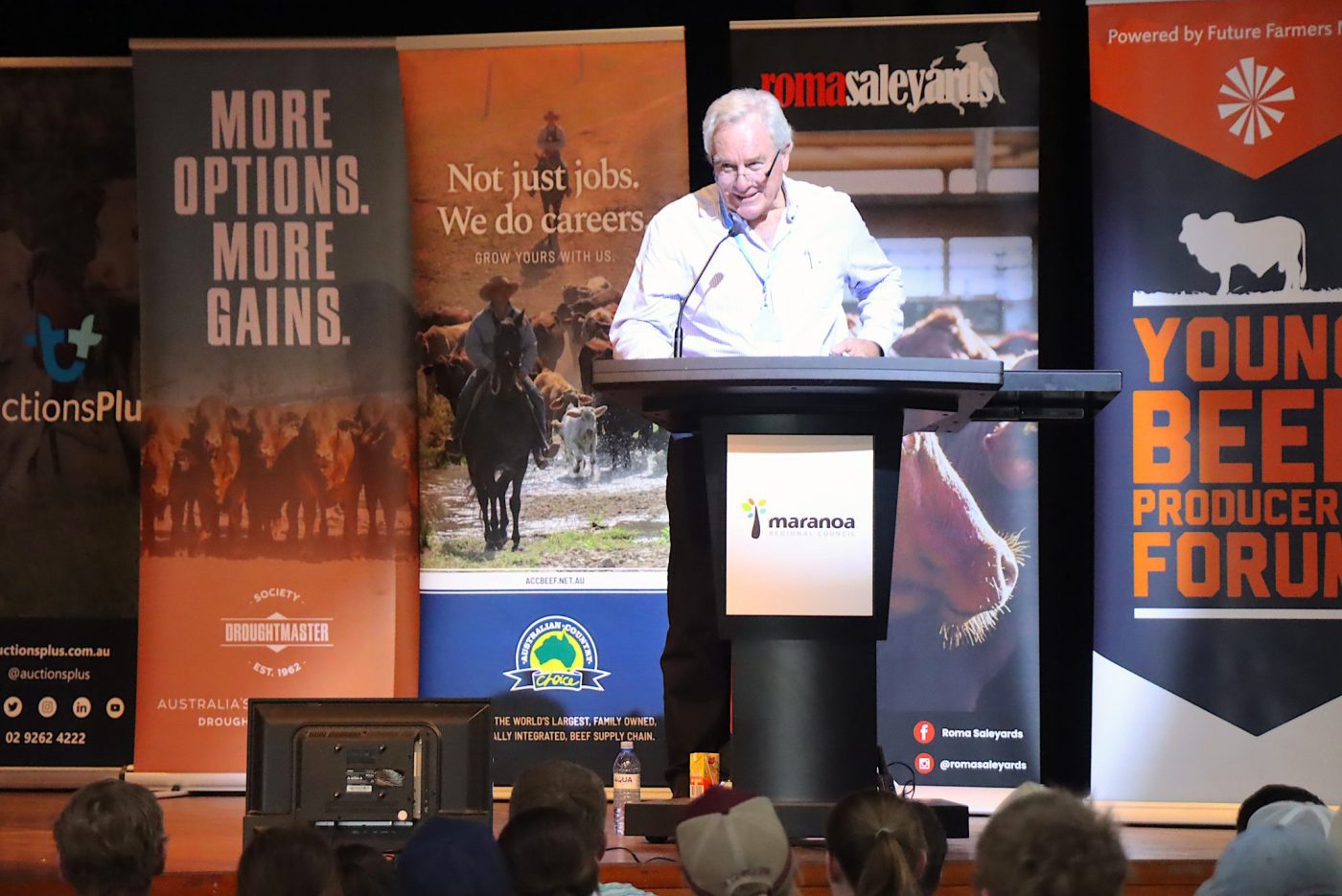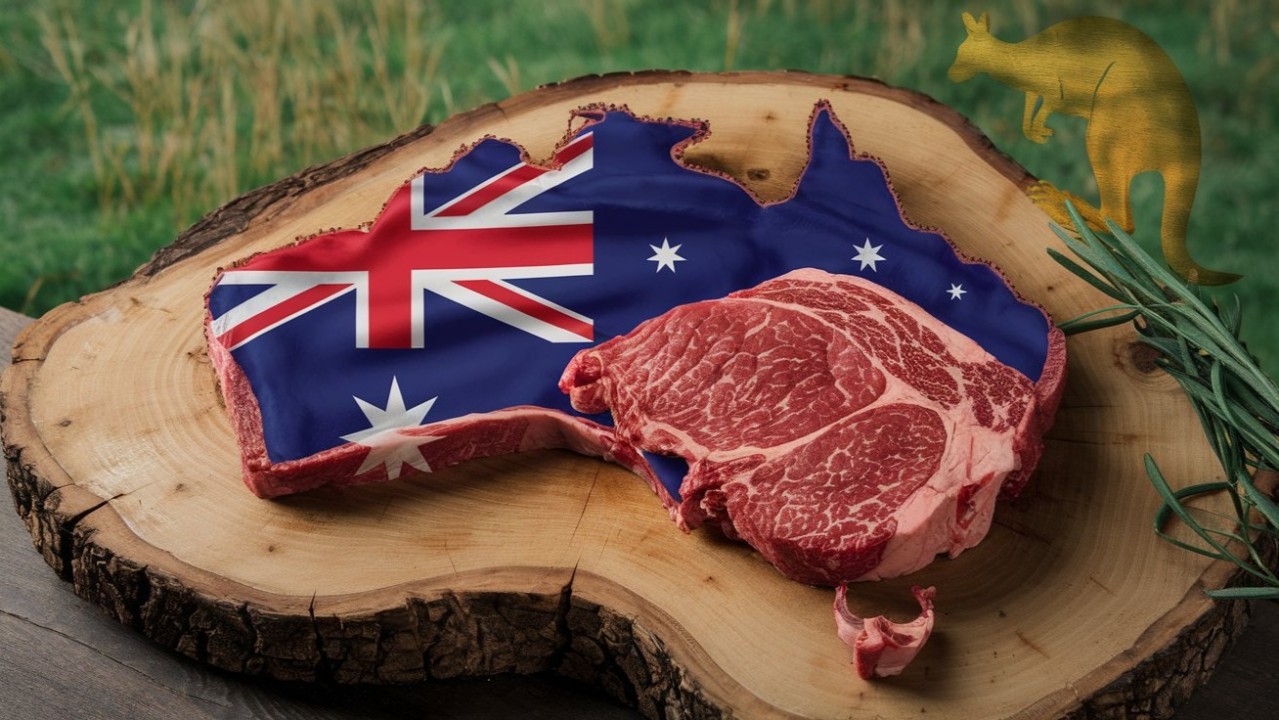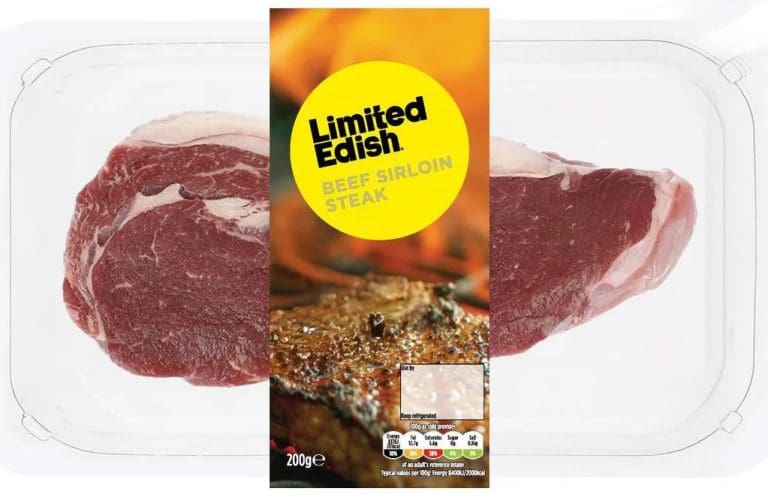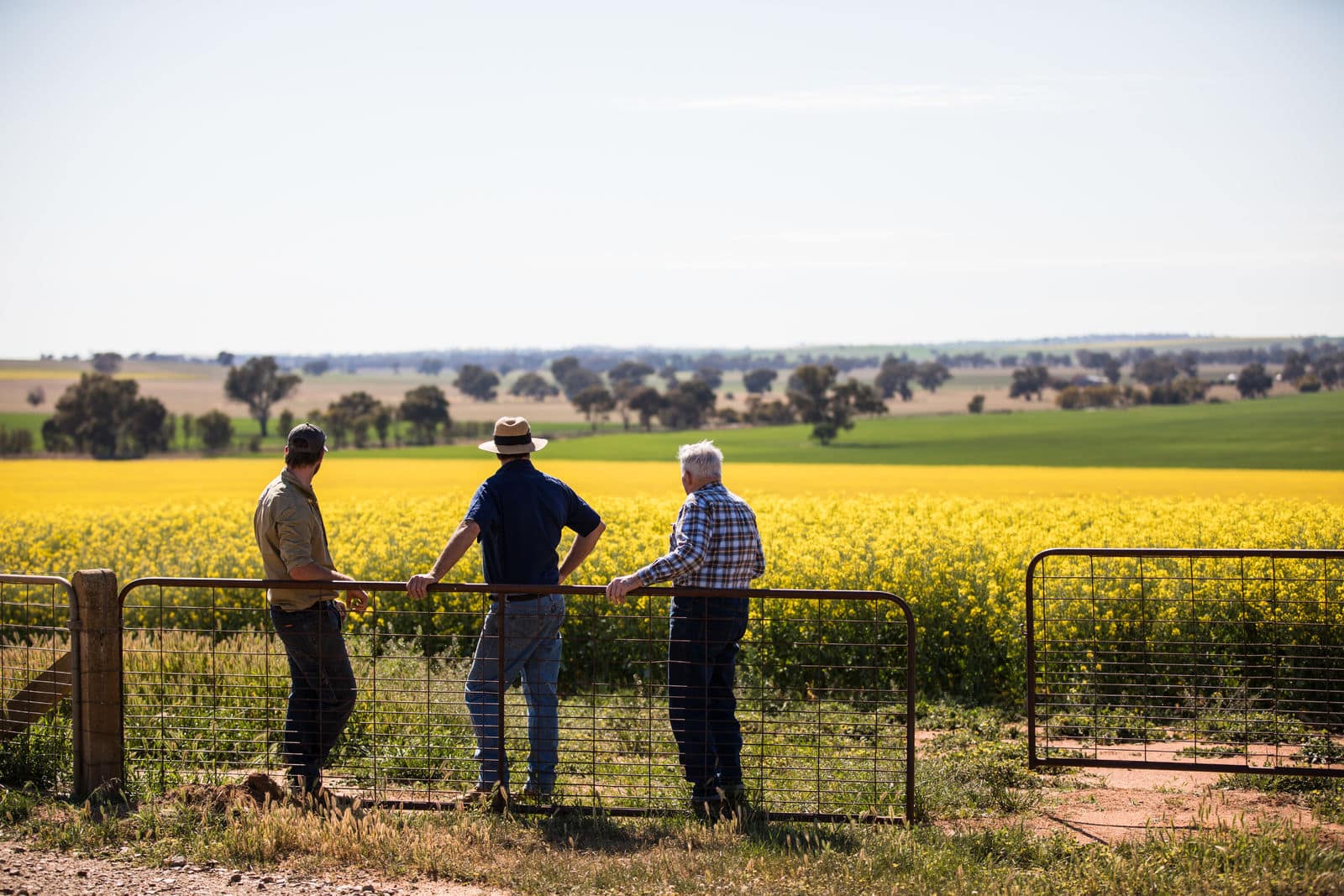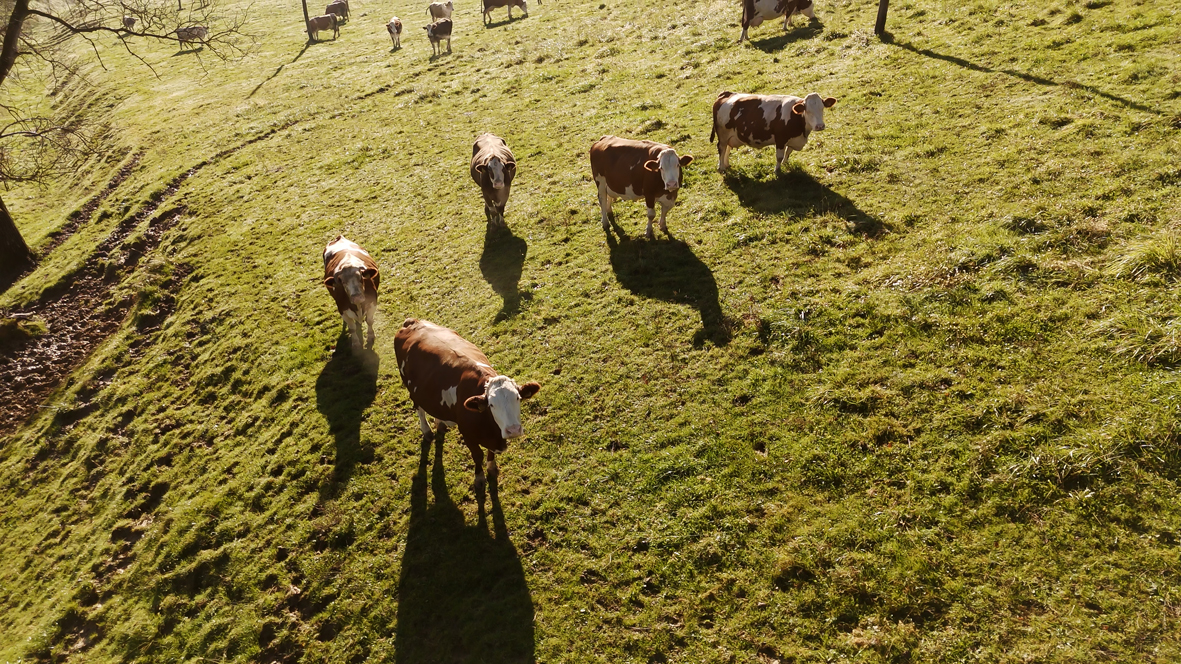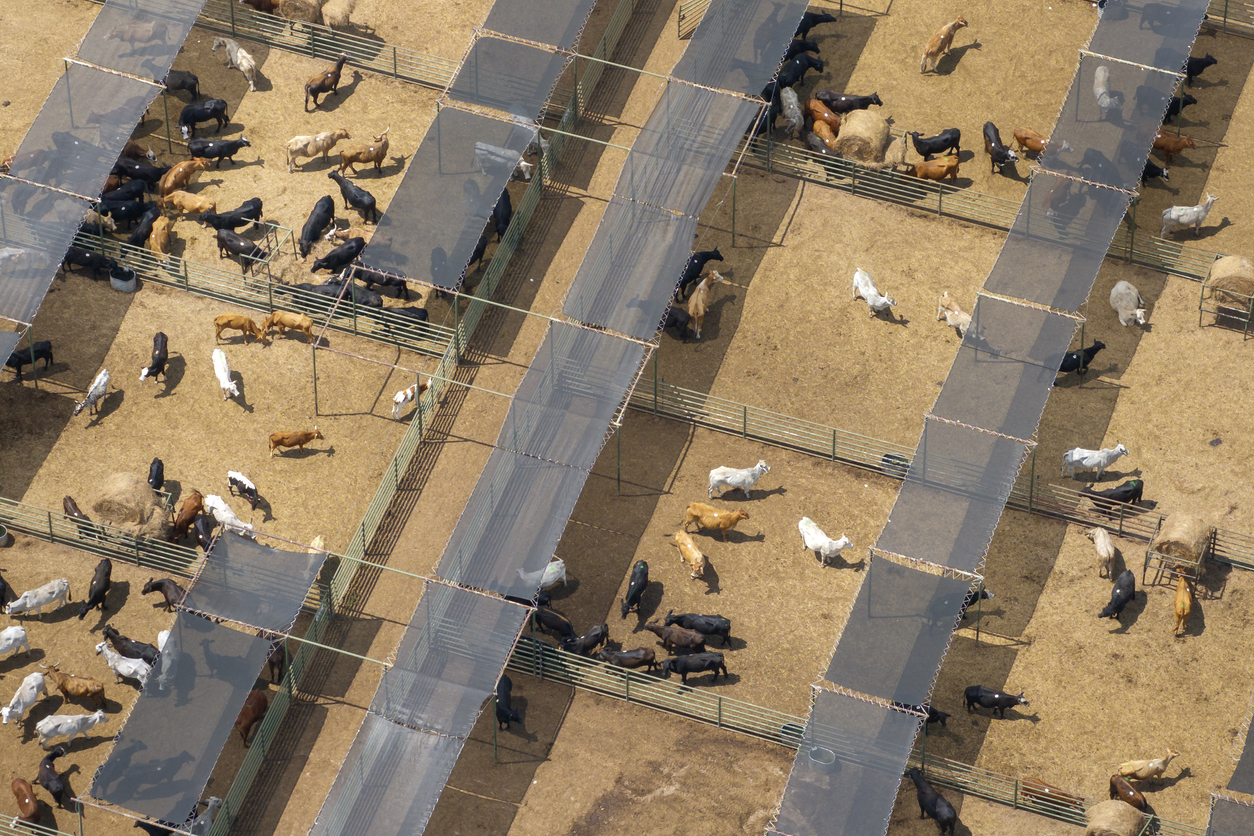News
In a world that often assumes success is born in big cities, the story of Richard Rains proves that regional Australia continues to shape some of the most influential business leaders in our industry.
The numbers tell a story of opportunity, resilience, and global demand that’s showing no sign of slowing down.
In October alone, Australia exported 139,286 tonnes of beef, one of the highest months on record and more than 7% higher than the same time last year. Only July saw bigger numbers, when shipments topped a massive 150,000 tonnes.
Insights from James Bradford Rural
New England Shines as Other Rural Property Market Plateau
While the national rural property market enters a period of plateau after several years of unprecedented growth, some regions are proving their resilience and the New England stands out as one of them.
If you’ve been keeping an eye on global beef markets, you might have noticed a quiet but significant shift happening across the UK and it’s good news for Australian beef producers.
One of Britain’s biggest supermarket chains, Morrisons, has expanded its trial of Australian fresh beef across 40 of its major stores. For decades, Morrisons proudly stuck to a 100% British meat policy, so this move marks a real turning point in UK retail.
At James Bradford Rural, we believe our industry’s strength lies in the hands and hearts of the people who built it, people like Bob Hart, whose century-long life was dedicated to progress, integrity, and community.
Finally, a dose of common sense has made its way to Canberra. After months of pushback from farmers, small business owners, and industry leaders, the Federal Government has backed down on one of its most controversial tax proposals - the superannuation tax on unrealised gains.
As Australia steps up its commitment to national emissions targets, farmers are once again in the spotlight, not just as stewards of the land, but as key players in the country’s net zero future.
This November, the National Carbon Farming Conference & Expo in Albury will give producers the tools, insights and confidence to turn policy into practical, profitable action on their farms.
Australia’s beef industry is riding a historic export wave. In August alone, chilled and frozen shipments reached 135,570 tonnes the second-highest monthly volume ever, following July’s record 150,000 tonnes. MLA now forecasts 1.5 million tonnes of beef exports in 2025, well above last year’s record of 1.34 million tonnes.
As temperatures swing and conditions shift, respiratory illness in cattle can spike costing producers dearly in lost weight gain, extra treatments, and even mortalities. Bovine Respiratory Disease (BRD) remains the feedlot industry’s most expensive health challenge, and the seasonal transition we’re experiencing now makes vigilance critical.
Cattle producers are being urged to remember that their duty of care under Chain of Responsibility (CoR) laws continues well beyond the farm boundary.
Independent livestock analyst Simon Quilty of Global Agri Trends shares his thoughts on the new norm in global livestock prices.
What’s the “New Norm” for Livestock Pricing?
The dramatic collapse in livestock prices in October 2023 is still fresh in the minds of many producers. That steep fall left plenty of people asking the same question: could it happen again?
According to Simon Quilty’s latest report, the answer is complex but there’s good reason to believe the next decade will look very different.
One of the biggest challenges facing the livestock transport sector – trucks running empty on return trips – is starting to find a solution through greater collaboration and smart technology.




